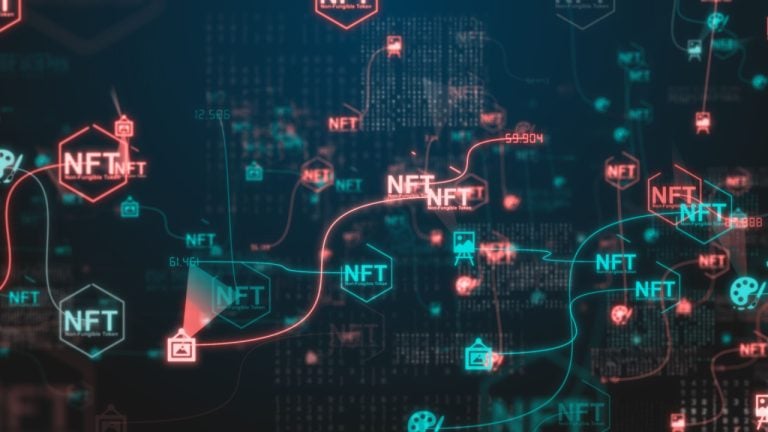
Twitter users noticed thousands of Safe deployments to Optimism, leading to speculation that it may be an attack, but the developer of Worldcoin confirmed that this activity was merely an app migration.
Worldcoin is the cause of a slew of Safe deployments to the Optimism (OP) network over the past week, according to a June 27 social media post from Tiago Sada, head of product for Worldcoin developer Tools for Humanity.
The deployments had caused a stir on Twitter, as users wondered who was causing them and what their purpose was. Some Twitter users had speculated that it might be a Sybil attack or some kind of address-farming technique used to profit from coins sent to the wrong address.
Deploying more safes - steady lads https://t.co/W5DiQirrP0
— tiago sada (@tiagosada) June 27, 2023
A Safe (previously called “Gnosis Safe”) is a multisignature smart contract wallet. It is often used by development teams to ensure that multiple team members must sign off on each transaction that spends funds held in common or that upgrades an app. Safes are also used in some newer consumer wallets that employ account abstraction, such as ones that provide gas-free transactions.
Worldcoin is known to extensively use Safes, as it offers gas-free transactions to verified humans. The Worldcoin team recently announced that it was migrating its app from Polygon to Optimism.
Over the course of six days, from June 21 to June 27, Optimism address 0x86c5608362b3fbbeb721140472229392f754ef87 created over 50 subaccounts, each of which performed between 10,000 and 15,000 transactions, most of which created new Safe wallets. On the morning of June 26, on-chain researcher Spreek noticed the strange transactions and reported them to the community through a Twitter thread.
Spreek expressed bewilderment at the transactions, stating: “possible im misunderstanding something about this (gnosis safes are basically wizardry to me ngl).” In response, Luigi.eth, a contributor to the GnosisDAO — a decentralized autonomous organization — stated that the DAO alerted the Gnosis team, although the transactions didn’t look “malicious.”
Related: Sam Altman’s Worldcoin secures $115M for decentralized ID
The thread was shared by Parsec Finance founder Will Sheehan, who mentioned cryptically that “I think we can guess with p high probability what this is.” This caused speculation among Sheehan’s followers. One user thought the deployments might be a Sybil attack on the network, while another thought it might be some kind of attempt to farm addresses that may mistakenly be sent funds in the future.
It's a farm of all possible wrong-address sends, you m0rons. Imagine a DAO that, by mistake sends a cross-chain bridge swap from multisig to the same address on a different chain. Here all funds will be received by this minter. 100$ for a chance to get $10mln
— v3v3 (@vae_vic) June 27, 2023
Some users on both Spreek and Sheehan’s threads guessed that the deployments were not an attack. Instead, they theorized that these transactions might be caused by Worldcoin preparing to migrate its app to Optimism.
One user claimed “eyeball coin” might be the cause, apparently meaning Worldcoin, as the person stated, “folks were saying eyeball coin but dunno (or understand why).” Tools for Humanity is the creator of an iris-scanning device used for identity verification, called "the Orb," which is integrated with the Worldcoin app.
After less than an hour of this speculation, Tools for Humanity's Sada revealed what was really going on. Resharing Spreek’s original post, he stated, “Deploying more Safes — steady lads,” implying that the transactions were in fact caused by Worldcoin migration.
So it appears that Optimism users can breathe a sigh of relief. The network does not appear to be in the grips of a massive Sybil attack or address-farming scam at the moment, or at least not one related to these transactions.
Optimism upgraded to its new “Bedrock” version on June 6, bringing lower fees and shorter deposit times. Its transaction count has increased dramatically since the upgrade.



